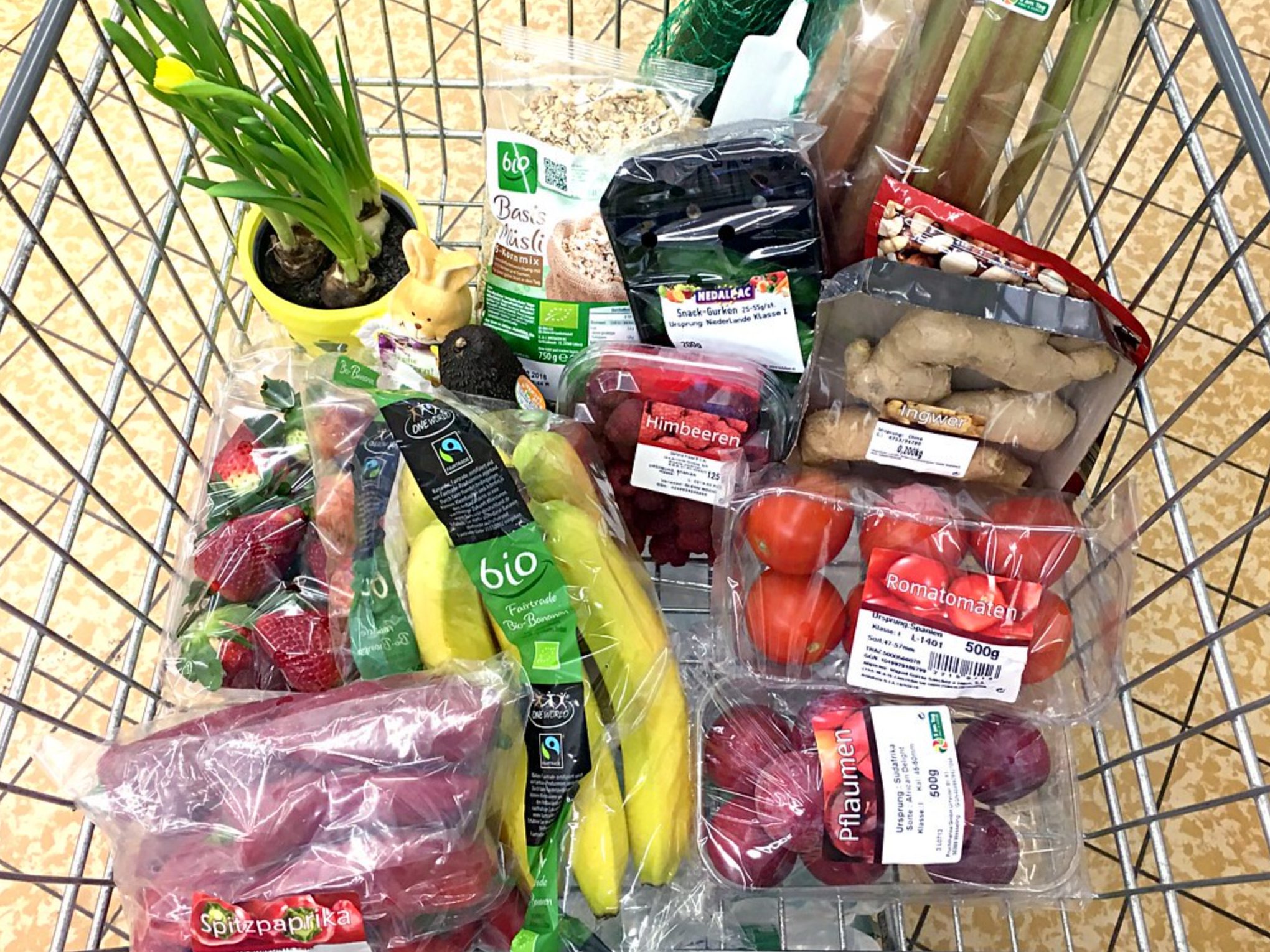EU plastic packaging ban labelled 'plastiphobia'

Sustainability
The European Parliament’s new proposal for regulation of packaging waste has been unveiled. The new Directive would ban single-use plastics packaging for fresh fruit and vegetables, mini hotel toiletries, and fast-food restaurants.
For Michael Laurier, CEO of Symphony Environmental, a world leader in environmentally friendly packaging and advanced polymer technology, this ban is not the way to tackle the problem, instead it will cause more damage not only to the environment but also to businesses and the economy, and human health.
“There is currently a paranoia around plastics”, says Laurier. “Plastiphobia arose due to a core problem with degradation, because regular plastics can create microplastics that lie or float around for decades if they get into the open environment.
But this can now be prevented by using modern and more sustainable plastic manufacturing technologies instead of depriving people of the use of plastic products.”
Plastic bags were invented in the late 1950s to protect the environment by helping to phase out paper and fabric alternatives. Scapegoating plastic products when they have made our world safer and healthier is unfair and unfounded, and is also counterproductive.

“What alternative is the EU looking at when it comes to packaging? If they’re looking at paper and cardboard packaging, then they’re wrong. Paper and cardboard packaging have been found to produce 70% more air pollutants and 50% more water pollutants than plastic bags. They are also heavier and bulkier, which means transportation costs and associated pollution are higher. Paper is not the best material for protecting food from contamination, especially when wet.”
The plastics industry has modified its packaging products for decades to meet environmental demands, and the evidence is clear when comparing paper alternatives.
Laurier continues: “Sustainable developments in plastics manufacturing technology have already paved the way to addressing the real environmental issue of plastic waste. For example, plastic made with d2w masterbatch technology at little or no extra cost will convert rapidly at the end of useful life into biodegradable materials, anywhere on the planet so long as oxygen is available. They are then completely biodegraded, leaving no toxicity or microplastics and do so much more quickly than ordinary plastic products.
“The EU needs to ensure that plastics remain the product of choice, as it keeps food safe and secure, and allows products to stay protected as they travel through the supply chain to our homes.”
Related News
-
Sustainability
SPAR Hungary introduce sustainable fruit and vegetable containers
-
Supplier News
Macsa Id: Laser marking on fruit
-
Sustainability
Coles introduces compostable fruit & veg bags in South Australia
-
Sustainability
Aldi trials loose produce to reduce plastic waste
-
Business
European Commission seeks ban on BPA in food packaging




